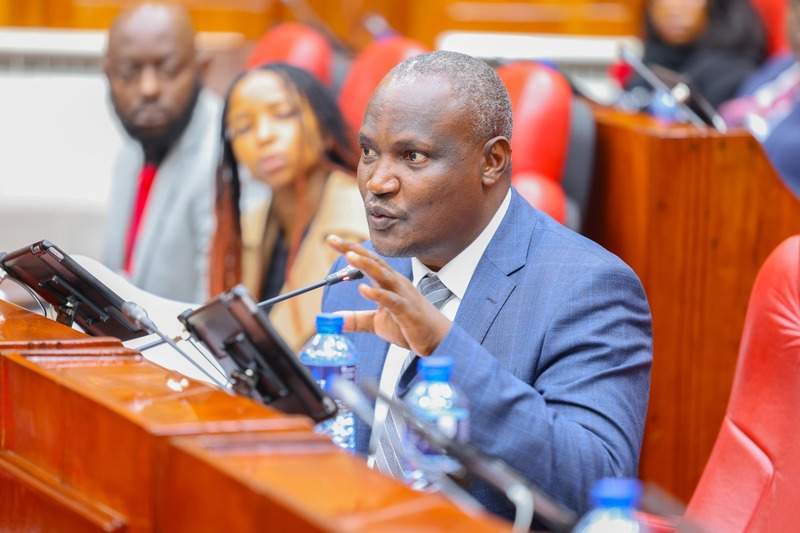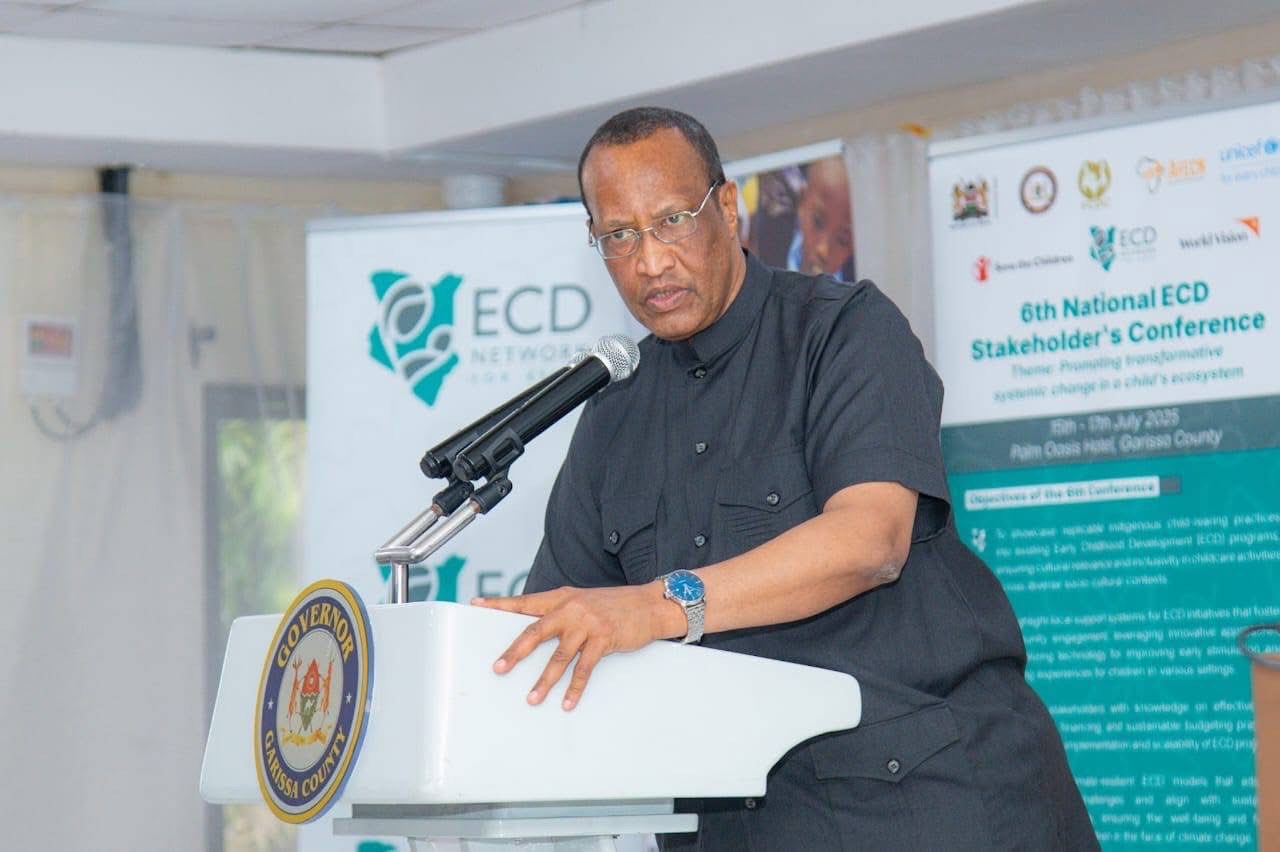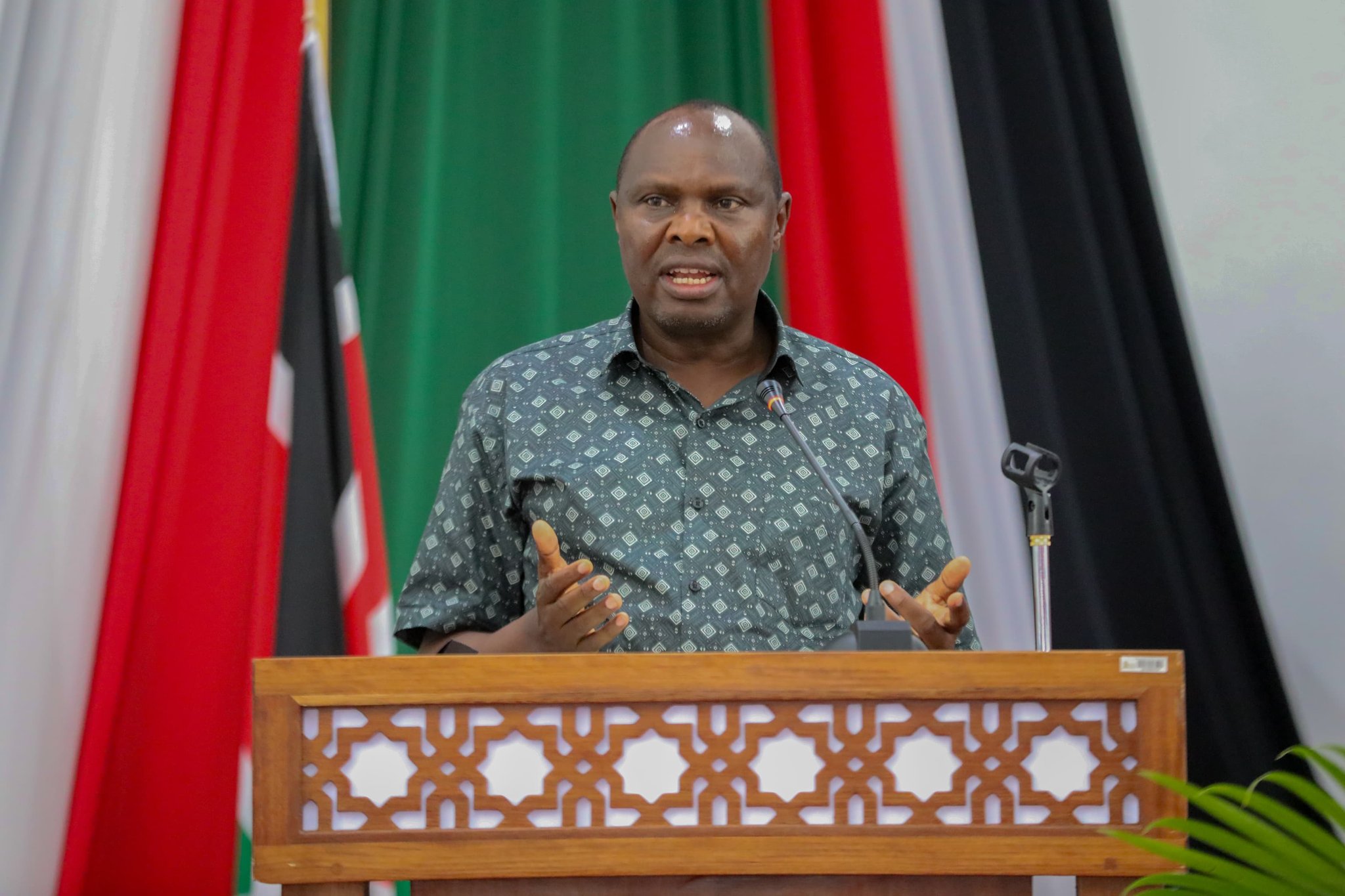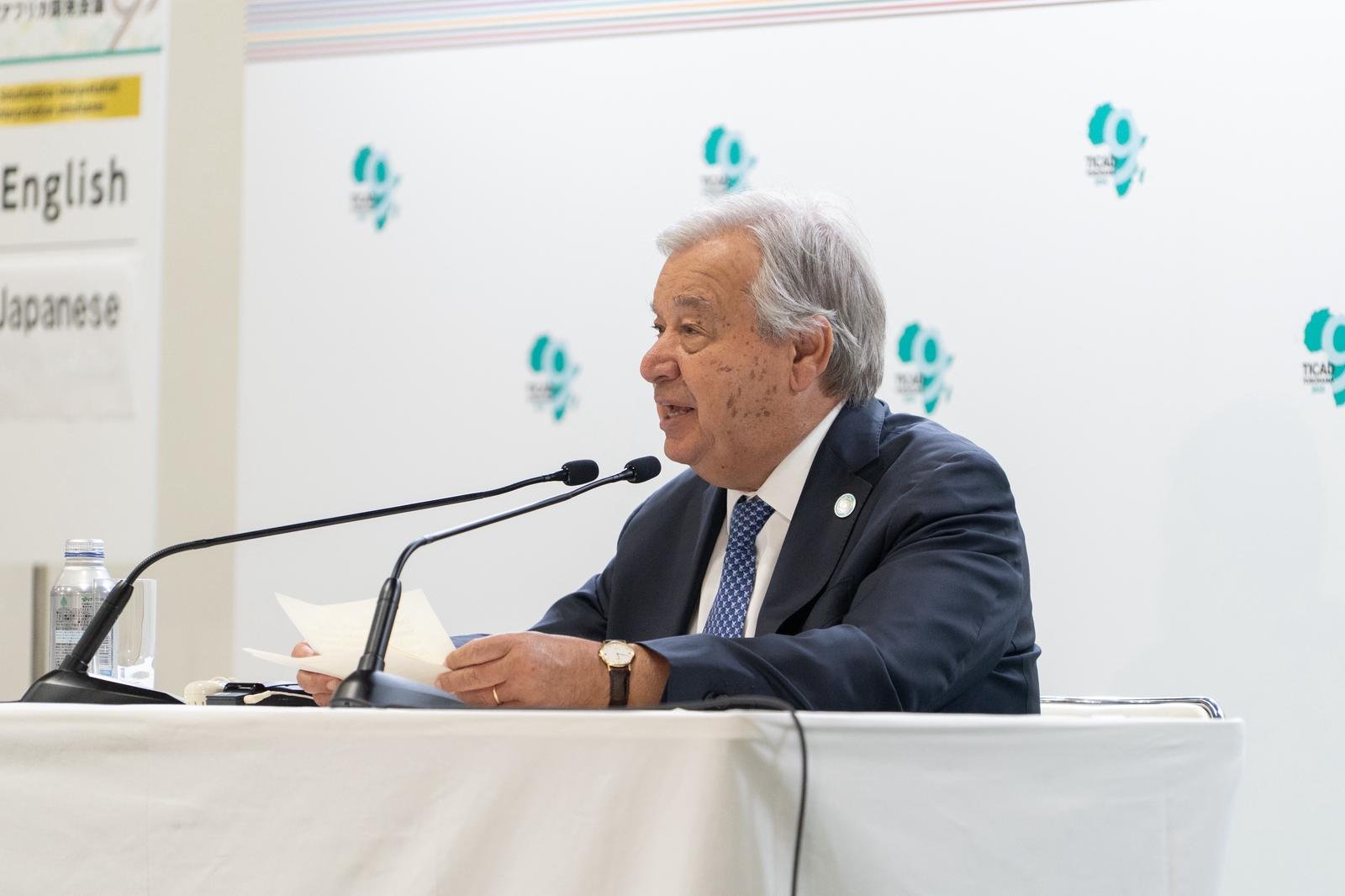Senators defend constitutional right to summon governors, hit back at Raila
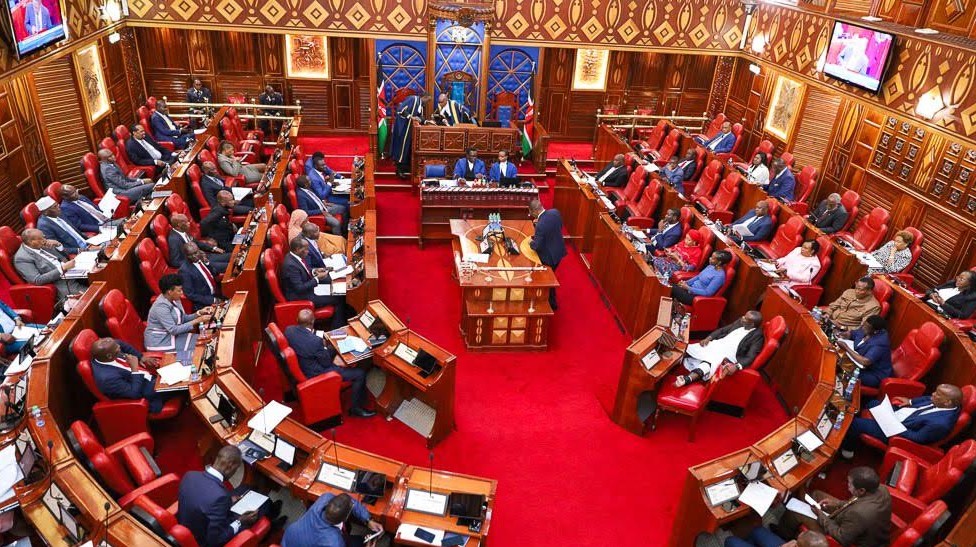
Senate Speaker Amason Kingi cited Article 96 of the Constitution, which tasks the Senate with representing counties and protecting their interests.
Senators have hit back at former Prime Minister Raila Odinga, defending their constitutional mandate to summon county governors amid claims that they are undermining devolution.
In a session on Wednesday, the legislators maintained that questioning governors is part of their legal duty to ensure accountability over national revenue allocated to county governments.
More To Read
- Section of Senators demand President Ruto be summoned to give evidence over alleged bribery in Parliament
- KNUT rejects Raila's proposal to devolve education
- Governors blame past regimes as pension arrears spiral beyond Sh100 billion, ask treasury to intervene
- Raila urges Parliament to grant automatic pensions for two-term governors
- Raila urges more devolution, says governors should answer to county assemblies, not Senate
- All 14 devolved functions, assets fully transferred to counties, Ruto says
Odinga had criticised the Senate for repeatedly summoning county bosses to appear before committees in Nairobi, saying the practice is unnecessary and undermines devolution.
He singled out only the Public Accounts Committee and the Public Investment Committee as having authority to summon county executives, and even then, not governors.
“County governments are supposed to be overseen by County Assemblies, not the Senate. It is unnecessary for the Senate to be summoning Governors to appear before Senators in Nairobi. Only the Public Accounts Committee and the Public Investment Committee should summon, not even the governors, the chief executives of the county government. It’s a waste of time, all the time summoning governors to appear before Parliamentary committees,” Odinga said.
He added that devolution strengthens governance by empowering local leaders to make decisions on local issues.
In response, Senate Speaker Amason Kingi cited Article 96 of the Constitution, which tasks the Senate with representing counties and protecting their interests.
He noted that Article 96(3) makes it explicit that the Senate determines the allocation of national revenue among counties under Article 217 and exercises oversight over revenue allocated to county governments.
“Article 125 of the Constitution decrees that either House of Parliament or any of its committees has the power to summon any person to appear before it, for the purpose of giving evidence or providing information. This is exactly what the Senate has been doing and will continue doing,” Kingi said.
He referred to court rulings supporting the Senate’s role. In High Court petition number 334 of 2016, the court held: “The Senate and the county governments are to work together to ensure that the purpose of devolution is achieved. The two bodies cannot work separately, and since the county government receives funds from the national level, they cannot check themselves. Accountability has to come from a body, not within the county level, thus the Senate.”
"The Supreme Court in petition number 24 of 2019 added: County assemblies provide the first tier of oversight, while the Senate provides the second and final tier of oversight. In the performance of its oversight role over county revenue, the Senate has the power to summon county governors to answer any question or provide the requisite information.”
Kingi emphasised that the Senate cannot yield or concede its constitutional mandate unless the Constitution is amended.
“The constitutional mandate of the Senate is non-negotiable. It is a solemn trust vested in the Senate, which we will continue to discharge faithfully and without fear or favour,” he said.
The ODM leader had also called for “more, not less” transfer of power and resources from the national government to the 47 counties, reaffirming his support for devolution.
“I believe in devolution; I believe in more, not less devolution. I believe in a balance of power between Nairobi and the counties; neither should stand in the way of the other,” he said, adding that both levels of government must work effectively without one dominating the other.
He stressed that primary oversight responsibility lies with elected representatives at the county level, urging the national government to stop micromanaging counties, insisting that devolution must move beyond tokenism to truly empower local communities.
Top Stories Today

